As our car pulled into the driveway of the rental house in Charlotte for the first time in August of 2012, I remember saying to my wife, “This is it. If this doesn’t work out, I’m done. I’m not going to keep doing this to you guys.” Seated in the back of the car was our (then) six-year-old daughter, four-year-old and one-month-old sons, and our dog. To put it in perspective, it was the third time that our six-year-old daughter had started a new life in a new place. My parents moved once in my life when I was growing up, maybe 15 minutes away.
When you start a new coaching job, you just dive right in to your new world, your new challenge. You meet new coworkers, new players and make new friends. You are extremely busy, but you are busy doing what you love. My wife always dealt with the cardboard boxes, school forms, physicals, and more – the nuts and bolts and thankless jobs of the family operation. She and the kids would have to make new friends and carve out a new life the hard way, from scratch.
After 16 years of college coaching, I was getting a shot at the NBA as an assistant coach. It came at a perfect time for me. I love the game, I will always love the game. It was a rare privilege to teach the game and help shape the lives of so many great young people along the way. I would say I had burned out of certain elements of what college coaches call “the business.”
The life of an assistant coach in the NBA is free of problems at the dorm, recruiting, initial eligibility process and as a matter of fact, no one calls your phone at night…ever. You do lose a little bit of the mentoring and the relationships with young people, because a 30-year-old millionaire doesn’t necessarily want or need your advice. You impact the rookies and young guys in bits and pieces, if you’re lucky. Your scouting reports involve trying to slow down guys like LeBron James, Steph Curry and Dirk Nowitzki. The arenas, the hotels, the food, the travel, the per diem – amazing. And the learning curve…I thought I knew something about basketball, until I got to the NBA and realized how much I didn’t know. I might have done the NBA life forever if I could have.
The thing is, we lasted one season, August to April to be exact. I learned the hard way that the NBA lights shine bright on game day, but it can be pretty dark on the other 275 days. Now I knew why people in the organization had asked me all season if I had moved the family down to Charlotte or not. Without even a summer of NBA experience to get to know others at summer league or elsewhere – I was out.
So now I am 39 years old. I have been an assistant at Temple, Penn and Charlotte and a head coach at Hartford. I have a wife, three kids and the same dog and I want to start my professional life over, but this time it will likely be outside of the coaching profession. Luckily, we had signed two-year deals with Charlotte, so we had a year to figure things out.
Looking back, my sabbatical year was the most important and one of the best years of my life. I dropped off and picked up the kids at school just about every day. I played Skylanders with my oldest son until we finished the game maybe twice. I got to work out every single day. I found out what it was like to be around my wife every day, without ten day road trips or the July period. On the job front, it was challenging, very challenging to hear ‘no’ so many times. It seemed like everywhere I turned I heard the same thing, “You have so many transferrable skills, but your resume only says ‘Coach.’“ I spoke to ESPN about doing games and quickly realized what a long line there is to do TV. I even asked to volunteer at ESPNU in Charlotte and was quickly denied by a person who is now a friend. I spoke to college ADs about going into administration, independent schools about becoming an AD, you name it.
That year in Charlotte is the reason I am so appreciative every day to have a job at all. It’s natural as a coach to have thoughts in the back of your mind about the next job. I would advise you to cherish the fact that you have a job at all right now. The other thing I learned that year probably doesn’t make a lot of sense to every coach, but it makes perfect sense to me. It is really hard to stay in coaching, and it is really hard to get out of coaching. What does that mean? Don’t ever take the coach who survives 8-10 years (or more) at the same spot for granted. He or she is doing a lot of things right. And is it hard to be fired? No. Is it hard to find a new career after coaching and support a family of five? Yes, very.
I found out about the Associate Commissioner’s job at the American Athletic Conference on Twitter (@AthleticJobs) sometime in the spring of 2014. Throughout my sabbatical year, I don’t know if I ever even thought about a conference job. All I knew about the AAC was they had good basketball (UConn had just won a National Championship) and it was brand new. Not much else. I called Paul Brazeau, who had left to take a similar position at the ACC. I will never forget Paul quickly answering my call about the job by saying, “You’d be great. You should apply. You’ve got the NBA, head coaching and a master’s.” I remember thinking he must have told all of his ex-coaching friends they were perfect, and applied anyway. I will take the suspense out of it by saying that Paul and I share the distinction of being former head coaches at the University of Hartford and basketball administrators at The American.
I enjoyed two great years at The American, then accepted a similar position at the Southeastern Conference (yes we moved again; only one of our kids has lived anywhere more than two years). I love the job, we love Birmingham, we are really happy. We are hoping that there is not a move in sight for a long, long time. As Associate Commissioner, I am still around the game and I love that I get to see 14 high level coaches teach the game 14 different ways in practice and in games. Now I also see the game from a different lens; the officiating side, scheduling, TV, media relations, conducting a conference tournament and more. I serve as a member of the NCAA Competition Committee that advises the Men’s Basketball Rules Committee and Oversight Committee on where we need to take the sport in the future. Maybe the best part of my job is when the season is over I am around. I see the soccer games and the school plays and I help put our kids to bed at night.
So why tell this story? First of all, I hope that if you are reading this and want to stay in coaching – you can do it forever, and I truly respect you and your family for accepting all that comes with that responsibility and honor.
However, if, you are ever forced to transition to a different career or you feel it is time, this is what I believe:
1) While you are coaching, keep building strong friendships. I never claimed to be a genius in coaching, but I tried to be good guy. I tried to help others in the profession if I could. You never know what relationship may or may not come back to help you one day, but don’t build one for that reason. Frank Martin was an assistant at Northeastern when I was an assistant at Temple years ago. We had great conversations on the road. Fast forward to 2016 and he’s a head coach at South Carolina and I am interested in a job at the SEC. I had an advocate. It never would have happened if years ago I had said to myself ‘he’s a low major guy.’ Unfortunately, there are a lot of people in the coaching profession who allow the logo on their staff polo (and on others’) to affect the way they treat people;
2) My master’s degree from Temple (Sport and Recreation Administration) helped. If you can take a class here or there, at night, online, whatever; it is worth the time and the investment. In a pile full of resumes from coaches it lets people know that you seriously considered and prepared for life after coaching and had some form of safety net in place;
3) Think about all of the things you do away from the court and write them down – fundraising, managing a budget, mentoring, compliance responsibilities, volunteer work, regular meetings with administrators, etc. You may have to convince someone someday that you do more than just teach pick and roll defense. This could help you;
4) Do Not Settle. Do the best you can to be patient when there is no way in the world you should be patient. I actually accepted a college coaching position on Father’s Day of 2013, facing the possibility of a year without a job after the NBA. I woke up the next morning and my wife asked, “Why are you doing this? Is this what you really want to do or are you just feeling pressure?” She was exactly right and I was so relieved that she understood this. I called the school back and turned down the job the next morning. That conversation with my wife changed the course of our lives;
5) Most important of all (and you can’t do #4 without this), Believe in Yourself. Believe that things will work out. I have spoken with and tried to help many people in this position and in my experience it just about always works out in the end, it just does. Hopefully you have worked hard at your craft, considered what you might do after coaching, left doors open, treated people the right way, and a little luck never hurts.
I wish you all the happiness and success in coaching. Other than ‘Dad’ or ‘Mom’, the best thing anyone will ever call you is ‘Coach.’ I always thought I would do it forever. There is a huge part of it that I will always miss. I wanted to share my story to help out if you ever find yourself on the same road I did. Best of luck with your coaching career… you have a tremendous opportunity and responsibility to make a difference in the lives of the people you coach. Hopefully you won’t need my advice at all.
EDITOR’S NOTE
Dan Leibovitz is the Associate Commissioner for Men’s Basketball for The Southeastern Conference. Prior to moving to the SEC he held the same position for the American Athletic Conference for two years. Dan is a former veteran Head and Assistant coach at the collegiate and pro levels. From 1996-2006 he served as assistant coach under the Great John Chaney. From 2006-2010 Dan was the Head coach at The University of Hartford and then served as Assistant at the University of Pennsylvania from 2010-2012. He then spent the 2012-13 season as an Assistant Coach for the Charlotte Hornets.

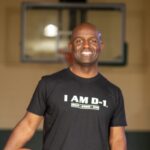
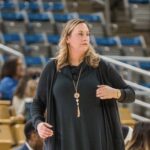
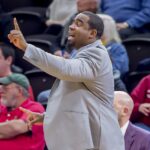
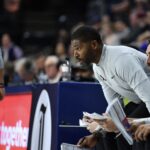
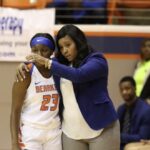


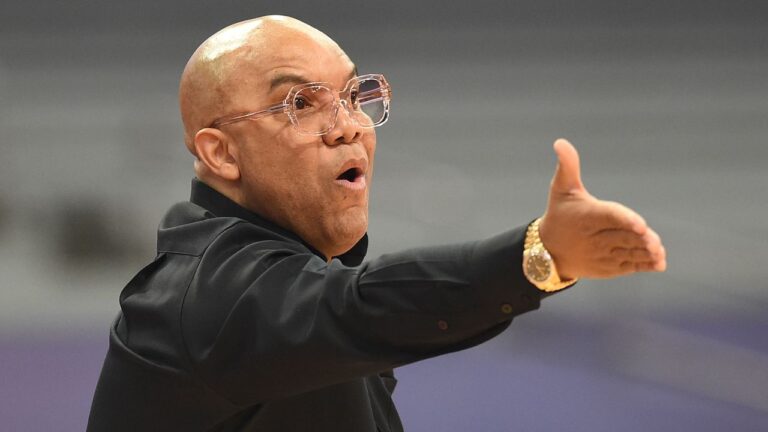
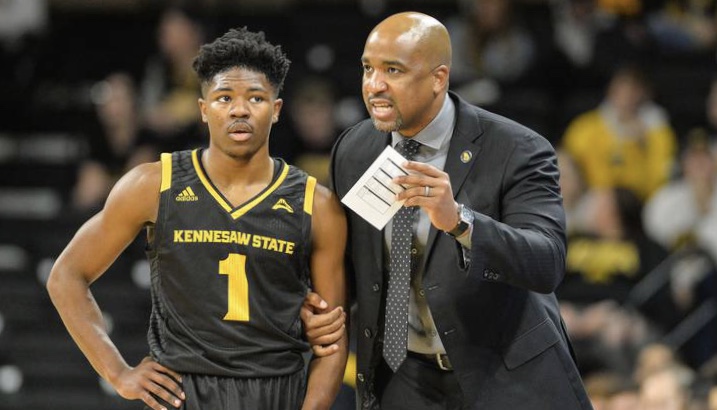
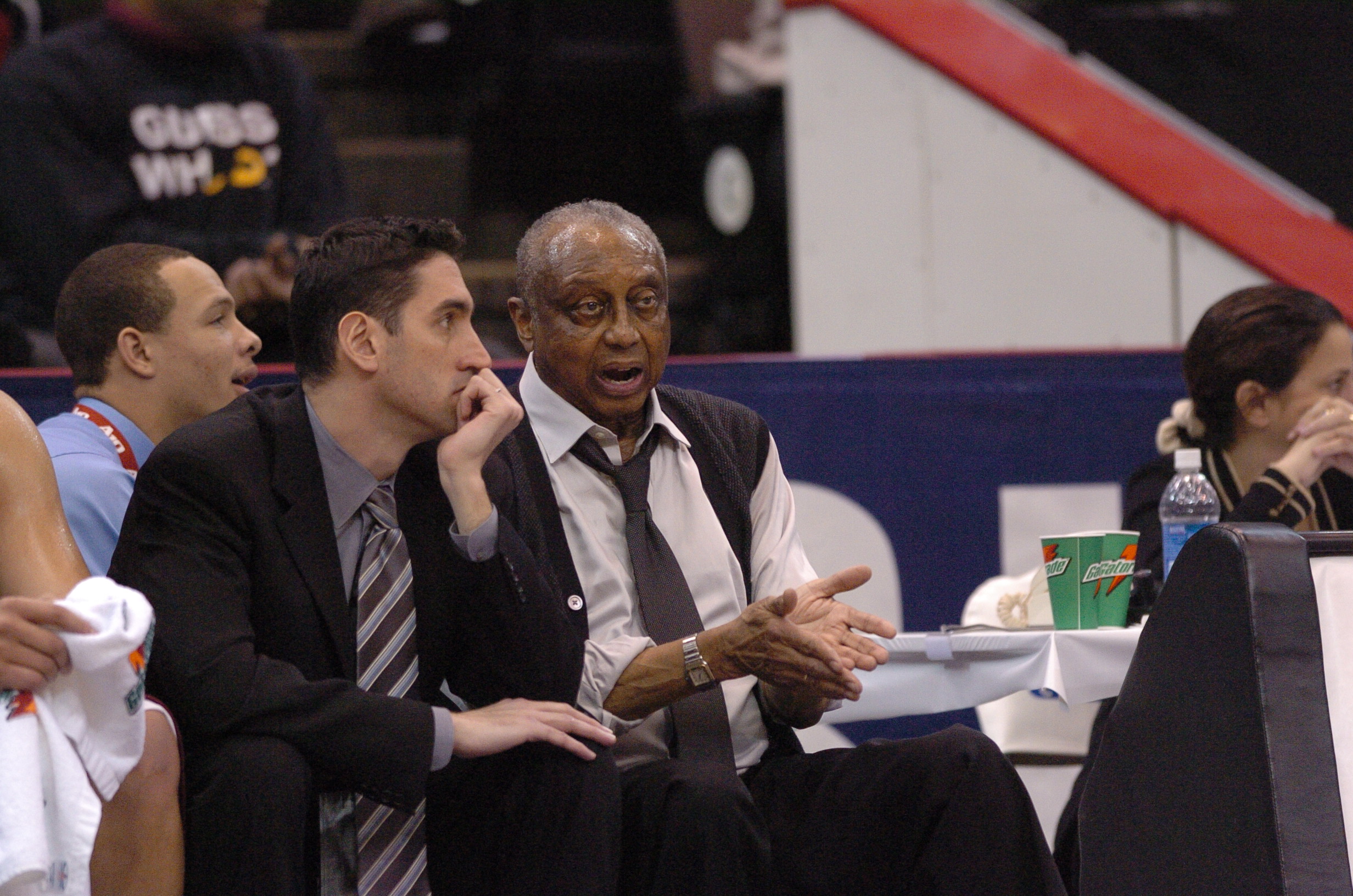
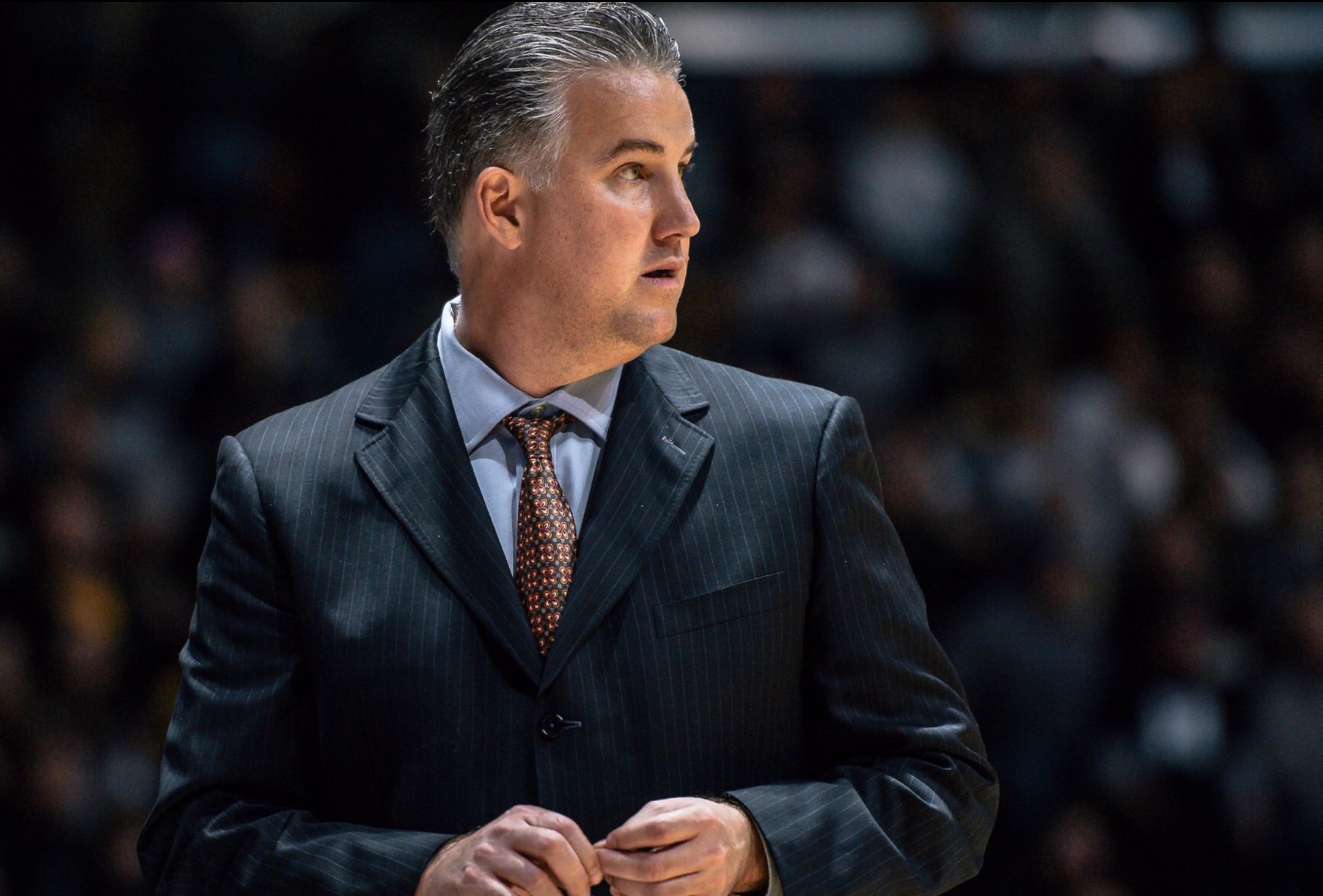
Awesome Article 👍🏾👏🏾
It’s an honor to work with Dan on a daily basis. The SEC is lucky to have his talents and knowledge of the game.
Who’s the good looking guy sitting next to him?
Dan, congratulations , great article! Glad you followed your path that took you through coaching, with great men, to end up where you are in the SEC. A perfect mRriage for both you and the SEC. The best to you, your family and the SEC. It was a pleasure to work with you in my last year with the SEC. You are one of the good people in the athletic world. Rut
The handsome guy is Mark Whitehead the other isRut
Lol
Thanks for stopping by. We hope you will take the time to read some of our other articles. We would also love to get an official write the site to provide a perspective for coaches and fans to consider.
Great piece that portrays many of the pros and cons of coaching. The spouses and kids sacrifice a lot and rarely get a mention. Thank you for including them and best of luck.
Dan what a great story. Great advice whether it be in coaching or getting through life on an everyday basis
Excellent article! Enjoyed the in-depth view behind the curtain of coaching (for coaches & their families)—many similarities! 🏀
Thanks for the insight, Dan. Great article!